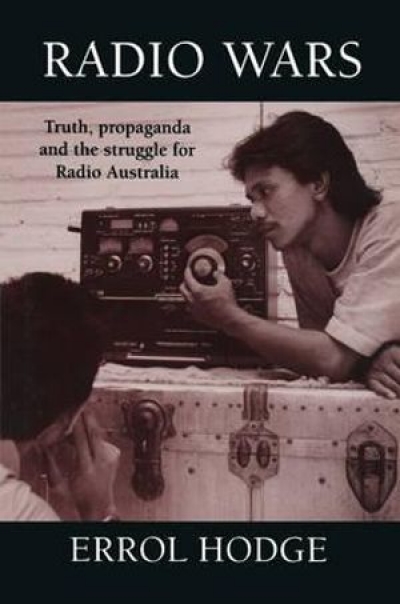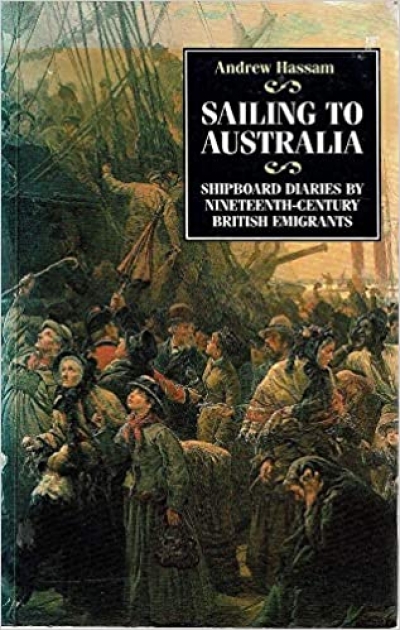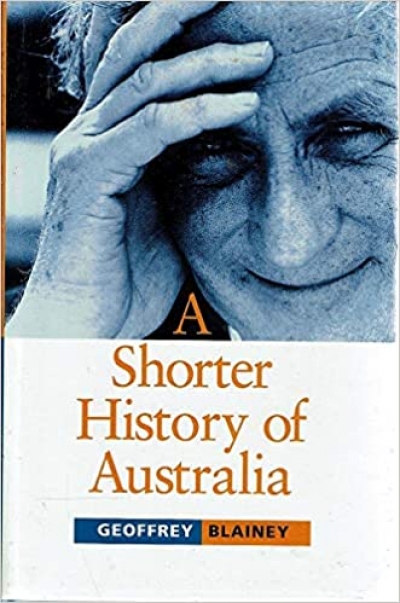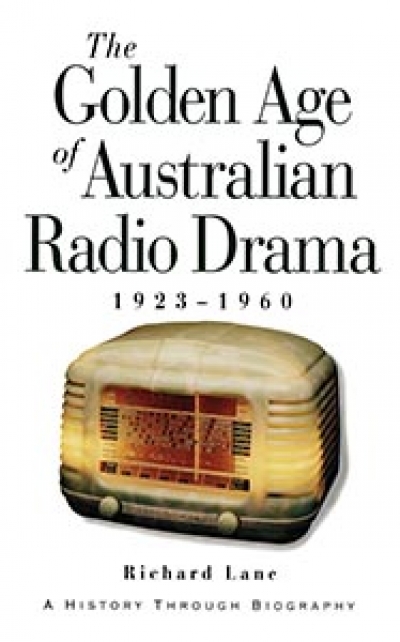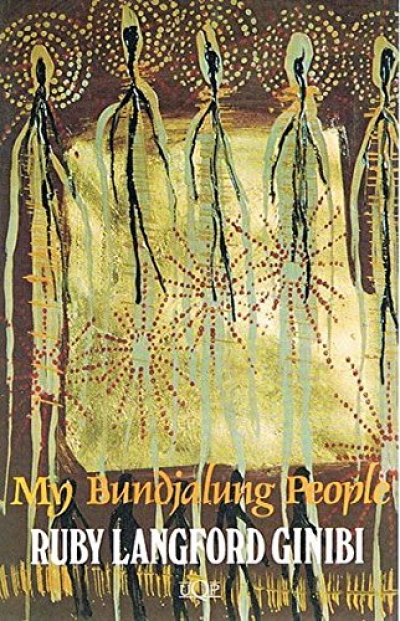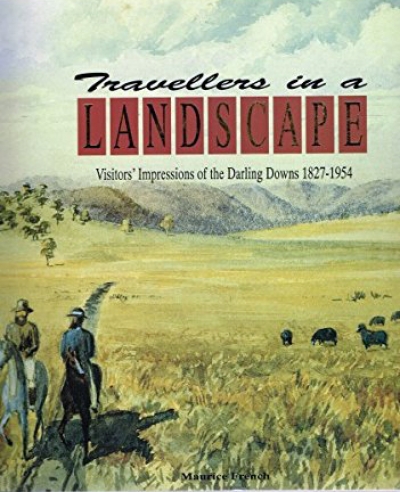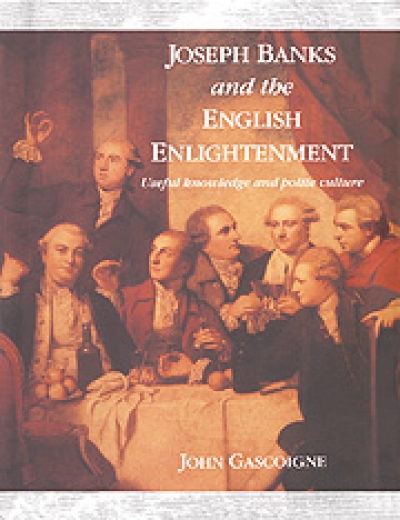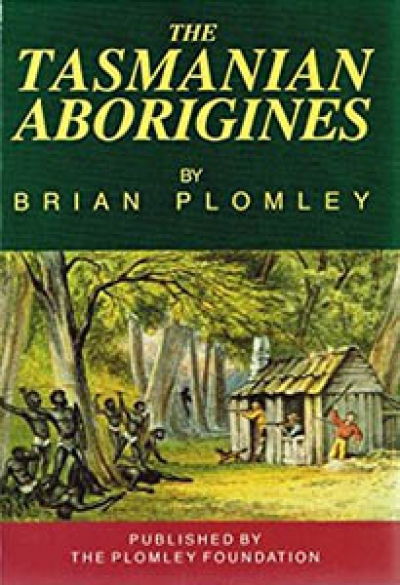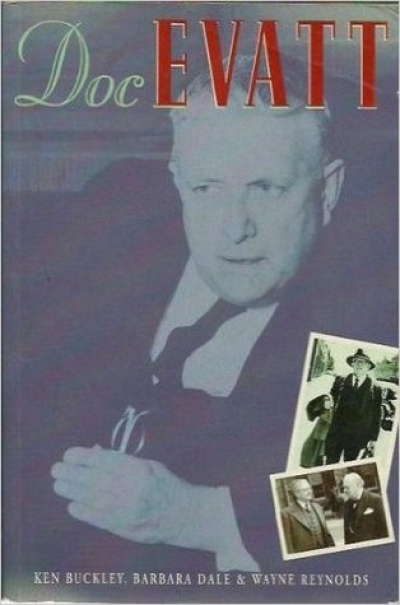History
Radio Wars: Truth, propaganda and the struggle for radio Australia by Errol Hodge
by Joan Dugdale •
Sailing to Australia: Shipboard diaries by nineteenth-century British emigrants by Andrew Hassam
by Graham Little •
The Golden Age of Australian Radio Drama, 1923–1960: A history through biography by Richard Lane
by Rodney Wetherell •
An Officer of the Blue: Marc-Joseph Marion Dufresne: South Sea Explorer, 1724–1772 by Edward Duyker
by Oscar Spate •
Travellers in a Landscape: Visitors’ impressions of the Darling Downs 1827–1954 by Maurice French
by Noni Durack •
Joseph Banks and the English Enlightenment: Useful knowledge and polite culture by John Gascoigne
by Glyndwr Williams •

